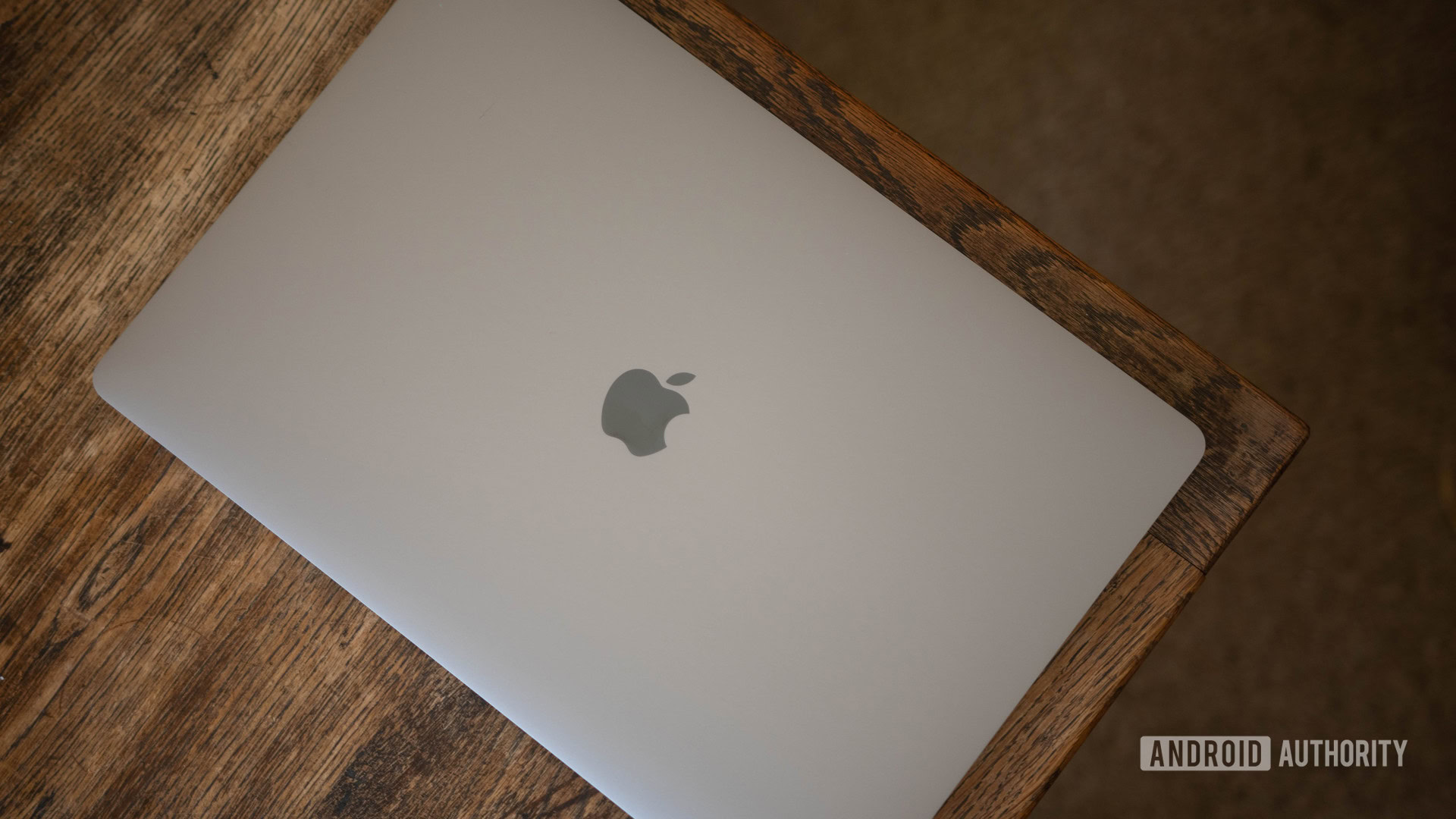Affiliate links on Android Authority may earn us a commission. Learn more.
Apple's biggest challenge with Arm Macs, according to Qualcomm
November 10, 2020

- Qualcomm has elaborated on major challenges Apple will face with Arm-powered computers.
- The company believes that app emulation will be a big hurdle for Apple.
Apple is widely expected to reveal the first computers with Arm-based processors later today, after confirming earlier this year that it was working on so-called Apple Silicon for its Macs.
This wouldn’t be the first time we’ve seen a major computer platform embrace Arm architecture after using X64/X86 though, as Microsoft has done this with its Windows on Arm platform in partnership with Qualcomm. This partnership has resulted in several Windows laptops running power-efficient Snapdragon chipsets, such as the Samsung Galaxy Book S.
Now, Qualcomm has revealed what it thinks will be the biggest challenge for Apple computers running Arm processors, based on its own experience. As you’d expect, the US chipmaker thinks running legacy apps will be a major obstacle to overcome.
Legacy apps to be a big hurdle
“Having emulators to bridge the legacy ecosystem with the new ecosystem is good, but you will have challenges,” a company representative noted in response to a question from Android Authority.
“There’s a lot of very badly written, old software out there. And the emulators don’t resolve all of that. So, as you can imagine over the past few years, it’s like whack-a-mole, knocking them out one-by-one.”
Windows on Arm currently runs legacy 32-bit apps via emulation, but there is a performance penalty associated with this as opposed to using a native Arm version. Furthermore, not every legacy app is fully compatible with emulation, as Qualcomm points out. Microsoft and the US chipmaker are also working to bring 64-bit legacy app emulation to the platform, with a preview launching later this month. So there’s certainly some progress being made in this regard.
Would you buy an Arm-powered computer?
For Apple’s part, it’s using a translation tool dubbed Rosetta 2 to handle legacy Mac apps, including 32-bit and 64-bit programs. We’re definitely expecting a performance hit here too, as we’ve seen with Snapdragon laptops running legacy software. And if Qualcomm is to be believed, then app compatibility could still be an issue as well, especially when it comes to apps that aren’t actively supported anymore.
The Qualcomm executive also pointed to another potential hurdle for Apple in the enterprise segment, saying that Windows on Arm/Snapdragon made a lot of progress in terms of enterprise deployment, security, and management.
Nevertheless, Apple’s transition to Arm silicon for its Macs is expected to result in major power savings compared to its current laptops. Other potential benefits include a cheaper price tag (as it no longer has to buy chips from Intel), and the ability to tap into in-house silicon for better security, higher quality pictures/video, and faster machine learning.
What do you make of the transition to Arm processors in the computer space? Would you buy an Arm computer over a legacy AMD/Intel machine? Let us know by taking the poll above!
Next: Microsoft Surface Pro X review — The pros and cons of Windows on Arm
Thank you for being part of our community. Read our Comment Policy before posting.